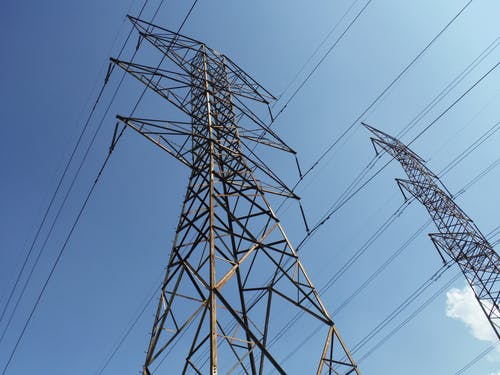Court Directs FERC to Reconsider Approval of Southeast Energy Exchange Market

The U.S. Court of Appeals for the District of Columbia Circuit has invalidated the Federal Energy Regulatory Commission’s approval of tariff revisions to effectuate the Southeast Energy Exchange Market, or SEEM. The court said that FERC failed to explain how the tariff revisions were consistent with the requirements in its Order 888, which directed utilities to provide open access to their transmission lines in a non-discriminatory fashion. The ruling remanded the commission orders for further proceedings.
The SEEM proposal was originally submitted by large southeast utilities such as Southern Company, Duke Energy, and Dominion Energy. A proposed agreement on creating the SEEM took effect in October 2021 absent FERC action because the commission was divided two against two on the lawfulness of the proposed trading platform. In a later order by majority vote, the commission accepted tariff revisions by transmission service providers within SEEM to enable the new transmission service. The commission denied rehearing requests by petitioners.
In February 2022 , environmental and clean energy organizations filed a lawsuit challenging the approval over concerns that SEEM would adversely impact customer bills and exclude smaller or independent renewable energy producers. For clean energy organizations, a key concern is that the SEEM proposal does not guarantee a competitive, responsible and equitable electricity market. SEEM would deny equal access to the transmission system for all public service companies and generate a new free transmission service for wholesale electricity buyers and sellers, where only its members would have control over who will be able to access free transmission benefits in the future.
The Solar Energy Industries Association commended the court decision which was in favor of several issues it raised throughout the proceedings, including ruling against geographical limitations that would have excluded independent power producers from participating in the market and ruling for greater accessibility to transmission services for non-SEEM participants. The group said that SEEM “discourages competitive bidding and new market entrants, emboldening utilities to slow-walk the transition to renewable energy,” and would serve the interests of monopoly utilities at the expense of consumers.
EnerKnol Pulses like this one are powered by the EnerKnol Platform—the first comprehensive database for real-time energy policy tracking. Sign up for a free trial below for access to key regulatory data and deep industry insights across the energy spectrum.
ACCESS FREE TRIAL